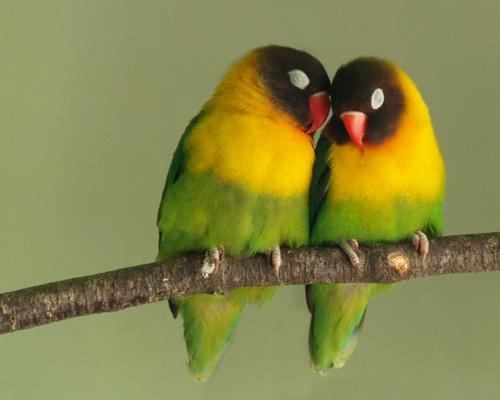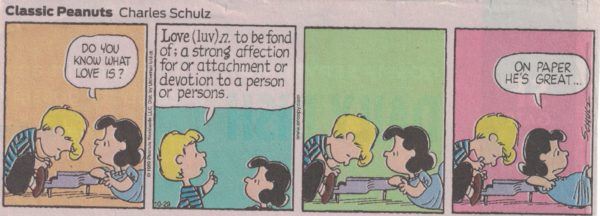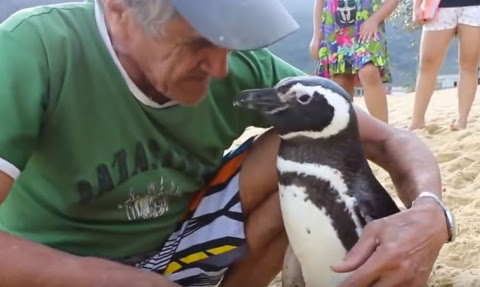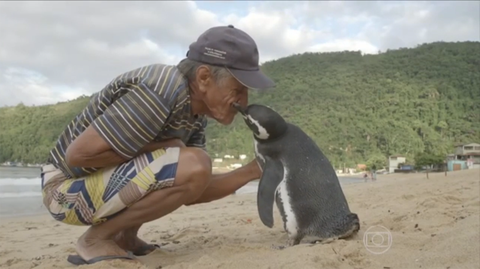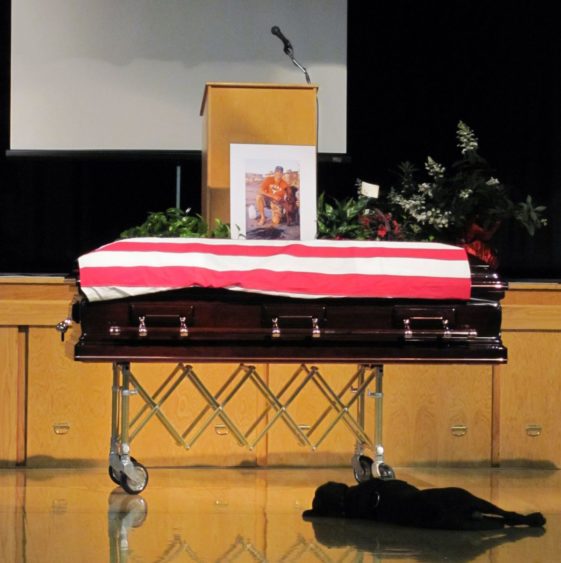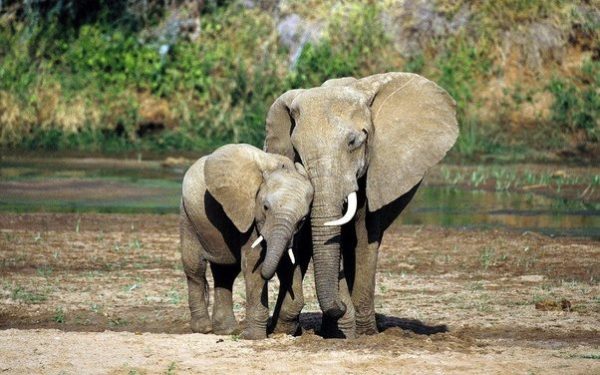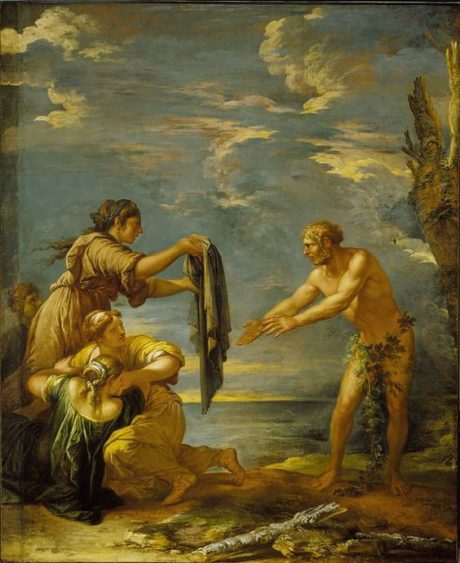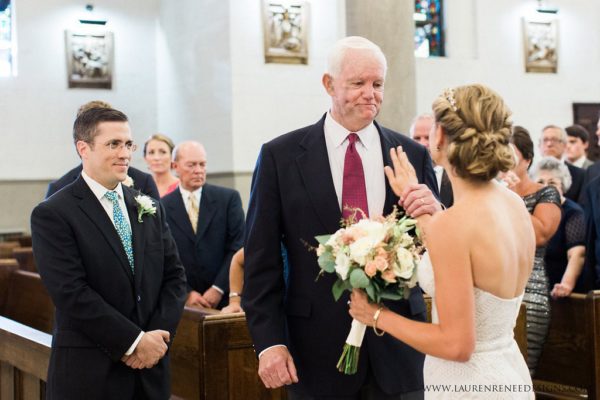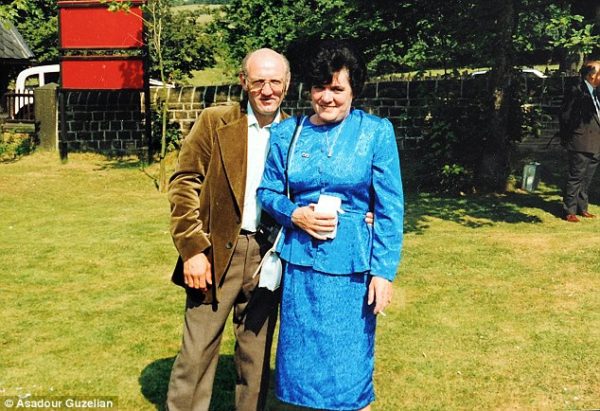“And, did you get what
You wanted from this life, even so?
I did.
And what did you want?
To call myself beloved, to feel myself
beloved on the earth.”
Raymond Carver
Hello beautiful reader,
News getting you down lately? Sure is me!
Of course, from the time we humans dropped our tails, and stood up on two legs – until just a few hundred years ago – whatever “news” there was, good or bad, was likely pretty local…maybe 2 or 3 caves, (or farms) over…max. But fear and hatred are VERY profitable products, and the news media aren’t shy about making sure we find out about every terrible thing that’s happening everywhere on the planet, immediately. Remember when the criteria for “front page” news was “If it bleeds, it leads?” It still is. And that was before the internet.
But the thing is, I haven’t evolved enough, in those few hundred years, to find a container to hold, let alone “handle”, all the information coming at me. I need another 50,000 years or so.
So until then, what can I do?
Well, denial is always available. I could shut down and hide. Or instead, indulge my “negativity bias,” – and maintain a distorted perception of the world.
Or, I can search out and focus instead on the good stuff that’s going on everywhere, also all the time, which is a lot, BTW – maybe even more than the bad stuff, but which doesn’t make the “front page”.
My headline however- the good news – at the top of this post is what I’m talking about: it’s an iconic, and probably one of the best known teachings in the Dhammapada, (the spoken words of the Buddha). And it seems to me that if love really does conquer hatred as he said, then love can certainly get me out of my funk, right?
So lately, for balance, I’ve been focusing equally on stories about love offered and received, some of which I want to share with you.
But then this thought popped up: “Michael, do you really know what “love” is? And even if you think you do know it for your own life, what gives you the right to define it for anyone else?”
I thought we might explore this lovely topic together. What say you?
So,what actually IS this thing called love?
Does this qualify?
Seven years ago, retired bricklayer and part-time fisherman Joao Pereira de Souza, 71, who lives near Rio, found a tiny penguin, covered in oil and close to death, on a nearby beach. He cleaned the bird’s feathers and fed him daily, and named him Dindim.
After a week, he tried to release Dindim, but the bird wasn’t ready.
“He stayed with me for 11 months and then, with his new feathers he disappeared.” A few months later, Dindim was back, found Joao on the beach and followed him home.
Dindim spends eight months of each year with Joao and spends the rest breeding off the coast of Argentina and Chile, swimming 5000 miles each year to be with Joao.
“I love him. I believe he loves me. He lies on my lap, lets me bathe him and feed him sardines. He leaves every February, & returns in June, always becoming more affectionate.”
Does this?
Hawkeye, staying with his owner during the funeral service of his owner, Navy Seal Jon T Tumilson, when he was laid to rest.
Can what Hawkeye and Dindim are manifesting be called “love”?
Do “animals” feel what we call “love”? Can we even answer this question if we ourselves don’t agree on what it is?
With the humans of course, things get wayy more complicated, don’t they?

The music track below, brilliantly, passionately, interpreted by Loriane Ellison so movingly depicts what might be real love – or not. Every time I play this song, and hear the pain and panic in her voice I shed a tear. Have a listen. You’ll see what I mean:
BTW, THE USUAL CAVEAT: If you are reading this in your email, and any of the media in this post won’t play, just click on the headline at the top, which will bring you to my site. Everything should play from there.
Wow! Right? But, does this feel healthy to you? Is this love? Or might it be one of love’s “near enemies”… attachment?
“NEAR ENEMIES” a term in Buddhist practice, refers to emotions & feelings which RESEMBLE other emotions and feelings – and which APPEAR to be the same thing – but are NOT the same thing.
Pity, for example resembles compassion, but is not compassion.
“What…ever”… resembles equanimity, but is not equanimity. It’s really “I don’t care.”
Lots of her words jump out at me:
– “Baby what did I do?”
– “Maybe I was TOO GOOD to you”?
– “I CAN’T GO ON”…
– “I’m asking you, BEGGING you…”
These words “beg” some questions from me, for this deeply unhappy lady.
– Why are you putting all this on yourself?
– Why are you making this your fault?
– Could whatever’s going on be all about your lover, and
nothing at all to do with you?
And more:
– Do you really believe that any healthy relationship, which nourishes both partners can flourish on begging?
– Can’t go on? Really? When did you give over your power to go on? And, how would taking your power back feel? To me, these are not signs of love, but of attachment.
Now, lets have a peek at another situation – the total opposite and very famous:
The day in high school when Homer’s Odyssey came up in our class was in 1959 (so I do admit that I may be a bit rusty on the minutiae in here), but this is certainly Homer’s main message for us from this particular adventure of Odysseus. Besides which, Homer’s dead (& probably my English teacher too), so they won’t mind.
So, our buddy Odysseus, still trying to get back to Ithaca and his wife Penelope after 20 years away, gets shipwrecked (yet again), this time on a beach in the kingdom of the Phaecians.
He’s found there by Nausicaa the king’s daughter, seriously messed up physically. She rescues him, brings him to the palace and nurses him back to health, during which time she falls deeply in love with him.
(Salvator Rosa, Italian, 1655)
Our hero, understanding that he too has strong feelings for Nausicaa, but being a smart cookie, decides to hire a life coach (just kidding), to help him look inside, and figure out exactly what those feelings of his are. And, he gets clear that what he feels for her, is profound gratitude, but not love.
He loves his wife, Penelope, who meanwhile, back at the ranch on Ithaca, is being endlessly pestered by suitors who are eating her out of house and home, telling her that her husband is dead and she must remarry; which, she promises to do – just as soon as she finishes a sweater she’s knitting by day and undoing the stitches at night.
When Odysseus shares his true heart with Nausicaa, and even though heartbroken herself, she goes to her dad, the king, and entreats him to outfit Odysseus with men, ships and provisions, so he can return to Penelope.
She not only lets him leave her, she enables it.
WOW! I’m thinking that Nausicaa’s actions are as close as it gets to a manifestation of truly loving behavior. What do you think?
Oh, BTW, and still on this theme of love vs. gratitude, I have an interesting additional tidbit to share with you:
Flashing forward around 2000 years or so, the German philosopher Friedrich Neitzsche, chimed in on this very story with some insightful and powerful advice for us all….
…namely, to LIVE our lives, and then to LEAVE them, EXACTLY as Odysseus left Nausicaa – with profound GRATITUDE for our lives, but NOT IN LOVE with them.
Actually, I find this perspective on my own mortality very comforting.
And on this perspective of “love as letting go”, Rainer Maria Rilke, my fave poet, said it like this:
“For this is wrong if anything is wrong:
Not to enlarge the freedom of a love
with all the inner strength one can summon.
We need, in loving
to learn only this: letting each other go.
For holding on comes easily,
we do not need to learn it.”
The two bolded lines just above bring to mind another, slightly different example of Rilke’s take on love: namely the generous, poignant & loving, letting go, by loving parents, of their kids, when it’s time for them to fledge – all beautifully described by another poet, C Day Lewis, in this lovely poem which he wrote for his first-born son, Sean.
WALKING AWAY
“It is eighteen years ago, almost to the day –
A sunny day with the leaves just turning,
The touch-lines new-ruled — since I watched you play
Your first game of football, then, like a satellite
Wrenched from its orbit, go drifting away
Behind a scatter of boys. I can see
You walking away from me towards the school
With the pathos of a half-fledged thing set free
….That hesitant figure, eddying away
Like a winged seed loosened from its parent stem,
Has something I never quite grasp to convey
About nature’s give-and-take
…I have had worse partings, but none that so
Gnaws at my mind still. Perhaps it is roughly
Saying what God alone could perfectly show —
How selfhood begins with a walking away,
And love is proved in the letting go.”
What about this act of love? What can we call this?
In this incredibly moving photo, these Chinese surgeons are bowing to this 11 year old boy, (who, diagnosed with terminal brain cancer, has donated his organs to save the lives of others).
Organ donations are rare in China, and these doctors are affirming their deep respect and gratitude for the compassion and understanding emanating from someone so young.
I have another (literally heartwarming), “love” story to explain this photo.
In September 2006, Jeni Stepien’s father Michael was was robbed and shot in the head at close range. As he lay dying in hospital, his family donated his organs through an organization that allows donor families’ recipients to stay connected with one another after the transplant.
Michael’s heart went to Arthur Thomas, a father of four who was within days of dying of congestive heart failure.
“After my transplant, I wrote a thank-you to the family”, he said,
thus beginning an enduring relationship of mail and voice connections. To the Stepien family, Mr. Thomas was now “Tom.”
No face-to-face meeting was contemplated until Jeni, at 33, became engaged to Paul Maenner.
Said Jeni: “One of my first thoughts was, ‘Who will walk me down the aisle? OMG, it would be so incredible to have a physical piece of my father there.’ ”
Her fiancée Paul suggested that she write to Tom and invite him to walk her down the aisle. After running it by his own daughter Jackie, he happily agreed.
Jackie, knowing her dad, recommended that he start practicing, fearing that his emotions might get the better of him. Jeni agreed, and told him, “I’ll be right there with you.”
The wedding took place in the same church where her own parents were married.
At their first meeting, the day before the wedding, Tom suggested that she grip his wrist, right where his pulse is strongest – “the best way for her to feel close to her dad”, Tom said. “That’s her dad’s heart beating.”
“I felt wonderful about bringing her dad’s heart to Pittsburgh,” Tom confided. “If I had to, I would’ve walked.”
Dear reader, before I leave you be, I’d like you to meet just two more folks: Stan Beaton, retired British forklift driver, now pensioner, and his late wife Ruby.
Ruby died from stomach cancer in 2003. One of the last few “tangible” things left connecting Stan to Ruby was her voice message on their landline.
Said Stan “I can’t tell you how many times I listened to the message. I still had her voice near. In the early days, it was every day.”
But the phone company, in an upgrade, deleted that message. Stan, his wife’s voice now also lost to him, was devastated.
Which of us would possibly “fault” Stan for wanting to keep the comforting voice of his life partner with him, and for being devastated by having to “let go” of Ruby in this additional way? Certainly not me.
So, how did Stan’s problem with the telephone company play out? Even though the following video is quite brief, the file is bigger than WordPress will allow me to load.
On this, a wonderful teaching from Suzuki Roshi, founder of SF Zen Center, comes to mind. He must have had Stan and Ruby in mind when he wrote these words:
“To say that we die, is not the correct understanding.
To say that we do not die, is not the correct understanding.
We die, AND we do not die.
That is the correct understanding.”
So, dear reader, where are we now? What IS this thing called love? Are we any closer to figuring it out?
I have a possible solution to suggest:
In 1964, in a law case called Jacobellis v. Ohio, on the topic of what porn is or isn’t, U.S. Supreme Court Justice Potter Stewart, trying to “define” it, admitted, in the following words, that he could not find or offer a precise definition to explain exactly what pornography is. His words became very famous thereafter. You doubtless know them:
“I shall not today attempt further to define the kind of material within that shorthand description of ‘hard-core pornography’…BUT I KNOW IT WHEN I SEE IT.”
I’m thinking that maybe on this effort of mine to find precise words (which we could all agree on) to define and explain what this thing called love is, maybe instead I could just stick with the “Justice Stewart Standard”. Actually, I think it’s pretty good: to know it when we see it.
But perhaps we could add just one more word. I’m sure Justice Stewart wouldn’t mind:
When we “SEE” it, AND when we “FEEL” it. What do you think?
For our “practice tip” this time, I’d like to leave you with some lovely thoughts to chew on:
“Love takes off the masks that we fear we cannot live without and know we cannot live within.I use the word love here not only in a personal sense, but as a state of being, or a state of grace – not in the infantile American sense of being made happy, but in the tough and universal sense of quest and daring and growth.”
James Baldwin
“Love consists in this, that two solitudes protect and touch and greet each other.
Once the realization is accepted that even between the closest human beings infinite distances continue, a wonderful living side by side can grow, if they succeed in loving the distance between them which makes it possible for each to see the other whole against the sky.”
Rainer Maria Rilke
“For one human being to love another human being:
that is perhaps the most difficult task that has been entrusted to us, the ultimate task, the final test and proof for which all other work is merely preparation”.
Rainer Maria Rilke
“Love says: ‘I am everything.’
Wisdom says: ‘I am nothing.’
Between the two my life flows.”
Nisargadatta Maharaj
Q. “In all the universe, is there even
one single thing of value?
A. “Yes, the power of love.”
Nisargadatta Maharaj
“If equal affection cannot be,
let the more loving one
be me.”
W. H Auden
Dear Reader,
Please take care of, be kind to, and love – yourself!
Metta,
Michael
